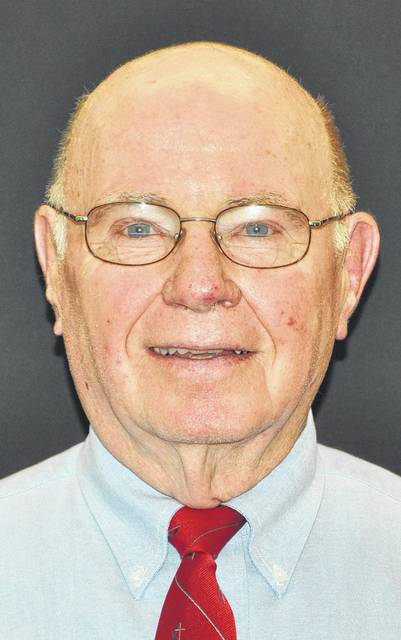
As you read through any given Biblical story, how do you place yourself in the story? With which of the characters do you identify yourself? The one(s) you choose may influence what you gain from the story.
In a familiar story in Mark 2:1-12, Jesus cures a paralyzed man brought to him by friends who lowered him to Jesus through a hole in the roof. I like the story because it has four distinct characters or groups involved.
There’s Jesus – the focus of many Gospel stories. There is the man who is cured. Although his role is rather passive, it is he who receives Jesus’ healing powers.
The story’s heroes are the men who brought the paralytic to Jesus. They’re worthy of our approbation. Finding the crowds so great that they couldn’t get their friend inside, they went to the roof, removed part of it, and lowered their friend to Jesus.
Their appeal is that their commitment to the friend was so great that they were undeterred by the “standing room only” crowd that would have stopped most anyone else. We applaud those qualities and wish others were equally committed to worthy causes.
I do wonder if our admiration for them includes an inner assumption that, were we to encounter such a need in a friend, we’d be equally loyal and resourceful? That’s a worthy goal, but how likely are we to fulfill it?
In contrast to all that, I turn to the story’s fourth set of characters, the religious leaders who snarled at Jesus, probably jealous of the attention he was receiving. They attacked his first words to the paralytic: “You’re sins are forgiven!” claiming such a pronouncement was blasphemous because only God could forgive sins.
As was often the case, Jesus “one upped” them by demonstrating a greater power, the power to make the man whole. And indeed, when that happened, the man stood up and left the house on his own power.
So inwardly we applaud how Jesus’ detractors were silenced. We’re glad whenever arrogant self-righteousness is exposed, knocked down, made to look foolish. “After all,” we think, “we’re like the four men who wanted the paralytic to be healed. We’re not like the religious snobs who detested Jesus’ genuine concern for those in need.”
But wait! What if we’re more like the scribes in the story than we realize, than we want to admit? To what extent do we try to diminish the work or success of someone else? Is it possible we have a “jealous bone” somewhere in our bodies?
I’m not suggesting that we are, by nature, malicious. I am affirming that, given our all too human inclinations, we must be honest about a bit of the anti-hero existing in all of us, no matter how much we want to think we’re the hero.
Today’s political disaffection (even hostility) is, in part, due to a growing reluctance of elected officials to find anything good in what the other offers, is ever ready to search out the most trivial of reasons to condemn the action of others. They’re like the disgruntled scribes muttering about Jesus’ supposed blasphemy.
One of the lessons from Mark’s story is that although we want to be identified with the men who were heroes in the story, we may have tendencies like the jealous scribes. Even more, perhaps intransigence may be easier for our elected officials because we, average citizens, have created the wrong atmosphere in our lives.
Maybe it’s time we become more agressive in applauding the good in fellow citizens who think differently than we.


